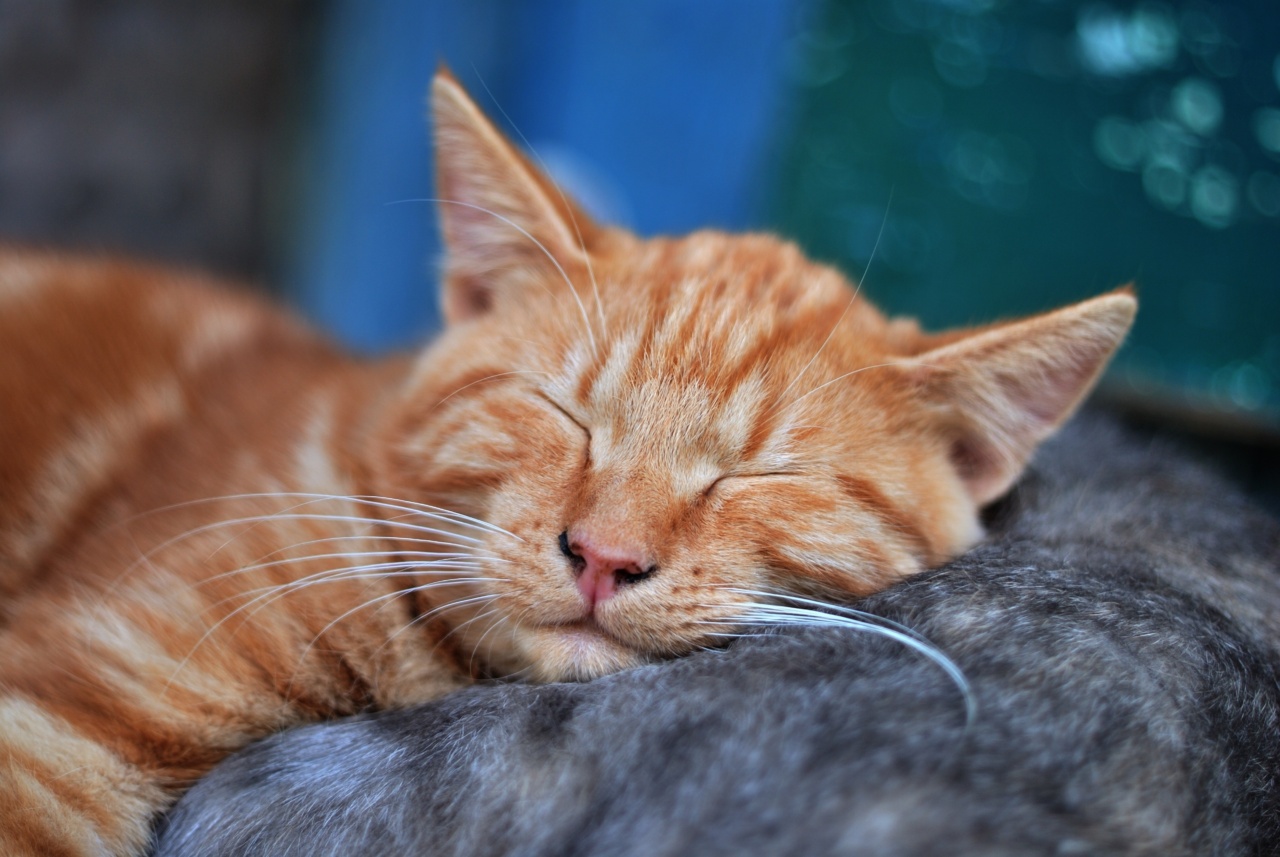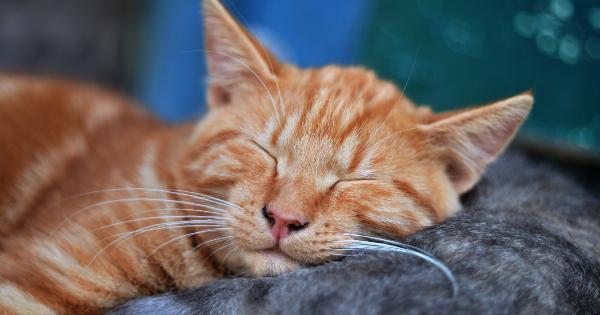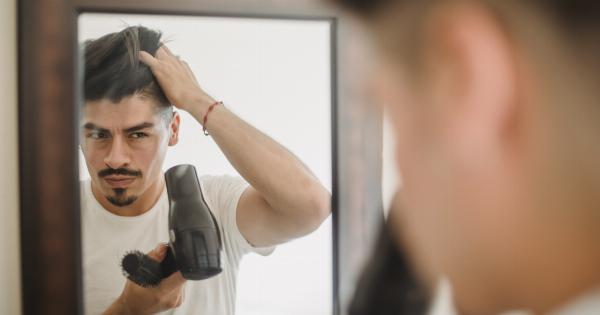Most people have heard the old wives’ tale that sleeping with wet hair leads to split ends. But is there any truth to this popular belief? In this article, we will explore this question in detail and examine the science behind it.
The Science behind Split Ends
Before we can answer whether sleeping with wet hair leads to split ends, it’s important to understand what split ends are and what causes them.
Split ends occur when the protective outer layer of the hair, the cuticle, becomes damaged or stripped away.
When the cuticle is damaged, the hair shaft is exposed and vulnerable to further damage. This can result in split ends, as well as other common hair issues like breakage, frizz, and dullness.
There are many factors that can contribute to cuticle damage and split ends. Some of the most common causes include:.
- Excessive heat styling
- Chemical processing (like coloring or relaxing)
- Over-washing or using harsh shampoos
- Environmental damage (like sun exposure or pollution)
- Physical damage (like brushing or combing too roughly)
The Wet Hair Debate
Now, let’s turn our attention to the question at hand: does sleeping with wet hair lead to split ends?.
The answer is not entirely straightforward. On the one hand, wet hair is more vulnerable to damage than dry hair. This is because wet hair is more elastic and can stretch up to 30% of its length without breaking.
However, if it is stretched too far, it can snap and break more easily than dry hair.
Add to this the fact that hair is at its weakest point when it is wet, and it’s easy to see why some people believe that sleeping with wet hair can lead to split ends.
On the other hand, there are some arguments against this theory.
Some hair experts suggest that the likelihood of developing split ends from sleeping with wet hair depends on a variety of factors, including hair type and texture, the type of pillowcase you use, and even your sleeping position.
Factors that Affect Split Ends from Sleeping with Wet Hair
Hair Type and Texture
One important factor in whether sleeping with wet hair will lead to split ends is your hair type and texture. Some hair types, such as thick, coarse hair, may be more resistant to damage than fine, delicate hair.
Additionally, hair texture plays a role in how easily wet hair can tangle, which can contribute to damage and breakage.
Pillowcase Material
Another factor to consider is the type of pillowcase you use. Rough fabrics like cotton can cause friction and breakage, while smoother materials like silk or satin may be gentler on hair.
If you sleep with wet hair, it may be worth investing in a silk or satin pillowcase to minimize damage.
Sleeping Position
Finally, the position that you sleep in can also affect whether sleeping with wet hair leads to split ends. If you sleep with your hair spread out over your pillow, it may be more prone to tangling and knotting, which can cause damage and breakage.
Try sleeping with your hair in a loose bun or braid to minimize tangles and reduce the risk of split ends.
Conclusion
So, does sleeping with wet hair lead to split ends? The answer is not a clear yes or no.
While wet hair can be more vulnerable to damage than dry hair, the likelihood of developing split ends from sleeping with wet hair may depend on a variety of factors.
To minimize damage and reduce the risk of split ends, it’s important to take steps to protect your hair while you sleep, including using a silk or satin pillowcase, sleeping with your hair in a loose bun or braid, and avoiding harsh chemicals and heat styling.






























